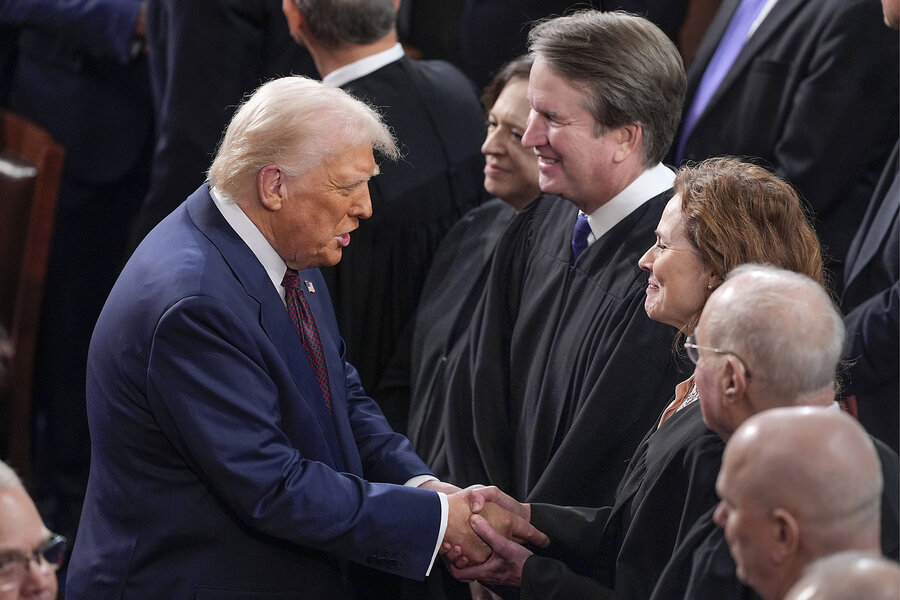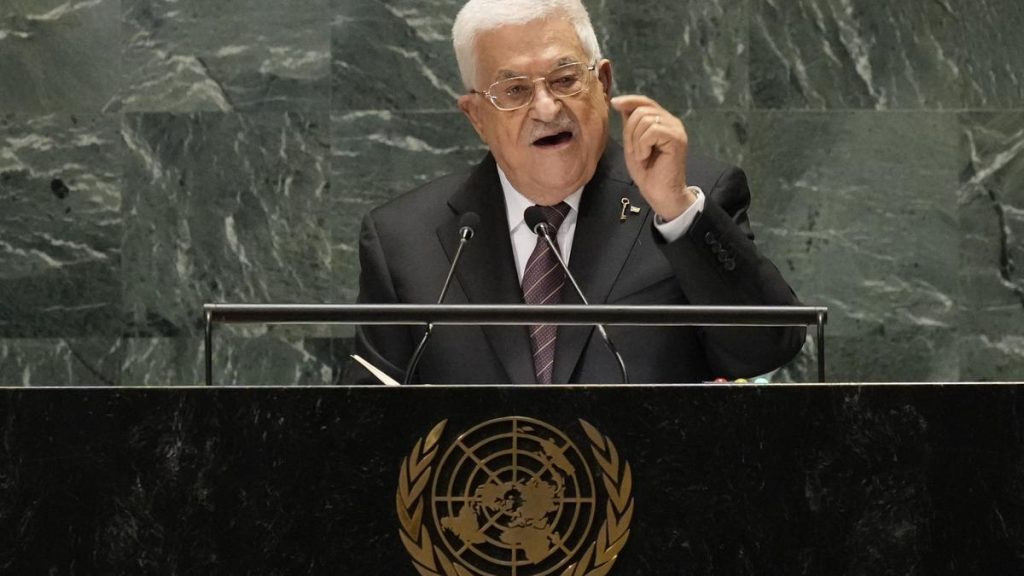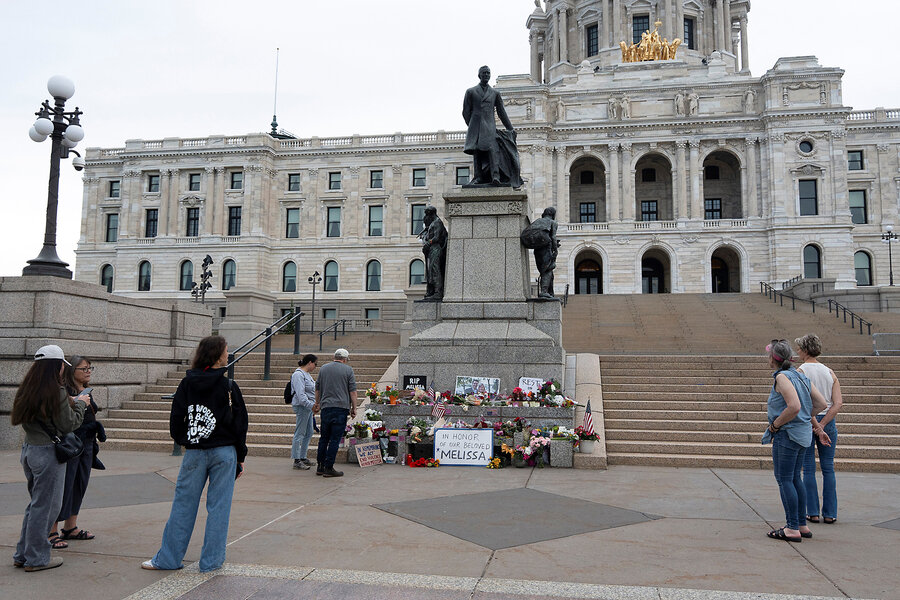Now Reading: Hundreds of Lawsuits Challenge Trump Administration: Key Cases Explained
-
01
Hundreds of Lawsuits Challenge Trump Administration: Key Cases Explained
Hundreds of Lawsuits Challenge Trump Administration: Key Cases Explained

Quick Summary
- America’s founders structured government to diffuse power among its branches, leading to ongoing conflicts between presidents and judiciary.
- President Donald Trump’s administration has pursued expansive executive actions, including firing employees, increasing immigration enforcement, redefining birthright citizenship, imposing tariffs, and deporting suspected gang members.
- Federal courts have blocked 187 Trump administration policies as of June 13. However, the administration has had higher success rates in appeals courts and mixed outcomes in the Supreme Court.
- Specific legal battles include cases such as redefining birthright citizenship laws, rapid deportations under the Alien Enemies Act (subject to limited due process), sweeping tariff enactments under emergency powers law, and challenges against punitive measures targeting law firms.
- District courts often issue nationwide injunctions citing precedents set by Supreme Court or appeals circuits but are criticized for disproportionate impacts on executive actions. Appeals are reviewed by three-member panels or en banc processes for broader scrutiny.
- The Supreme Court frequently hears Trump-related emergency petitions and has occasionally ruled favorably for his administration with restrictions. Many cases remain pending or may return for further review.
Indian Opinion Analysis
The legal battles involving President Trump’s executive actions underscore key principles that coudl hold importance globally-including India-such as judicial checks on concentrated power. India’s democratic framework relies similarly on an autonomous judiciary ensuring governance aligns with constitutional values. Observing these U.S.-based lawsuits highlights how judiciary-led interventions can uphold accountability while navigating challenges like nationwide injunctions’ broad impact.
For policymakers in India struggling over issues tied to federal versus centralized authority-like adjudicating rights during contentious disputes-the U.S.’s example shows a robust conflict resolution structure within democracy must prioritize balanced recourse mechanisms across tiers of courts without overwhelming reliance on highest judicial platforms (e.g., Supreme Court). While fascinating parallels emerge at federalism crossroads comparative learnings clearest end clarity re emphasize pursuing inclusive governance emphasis avoids partisan divides Below broader pursuitlaws.parametrize



























